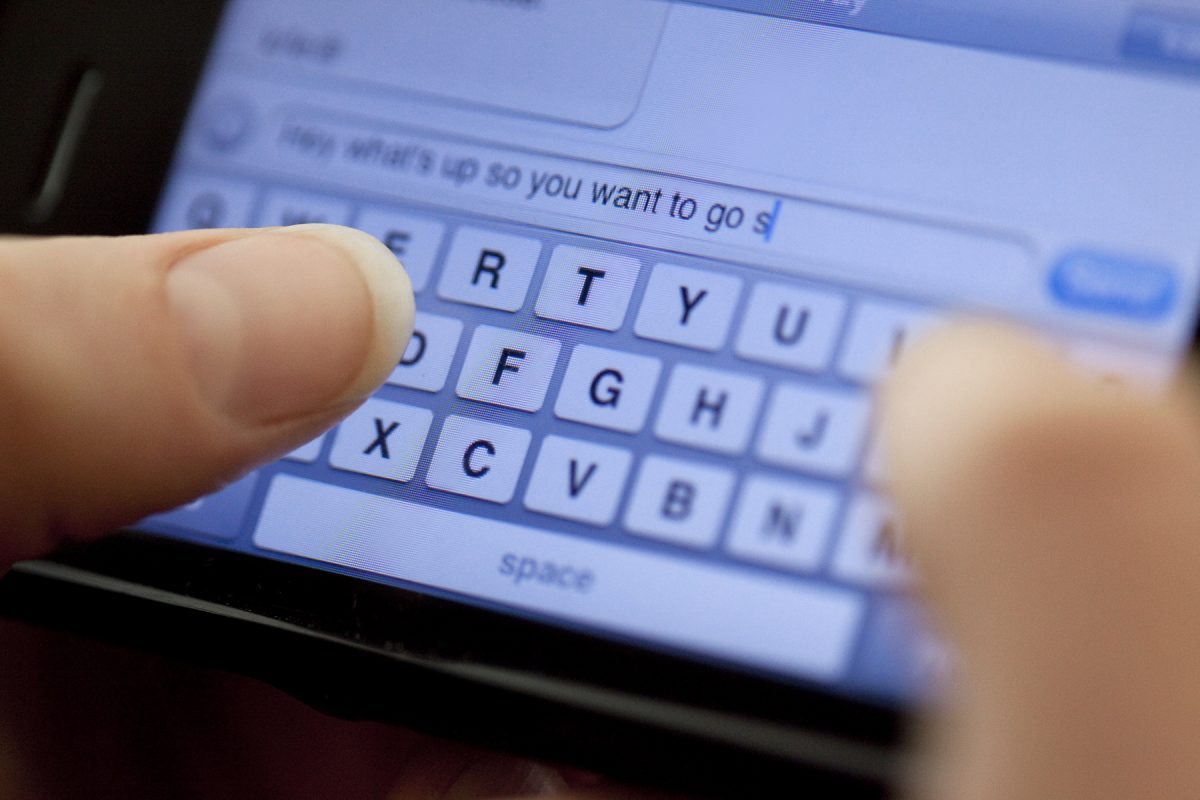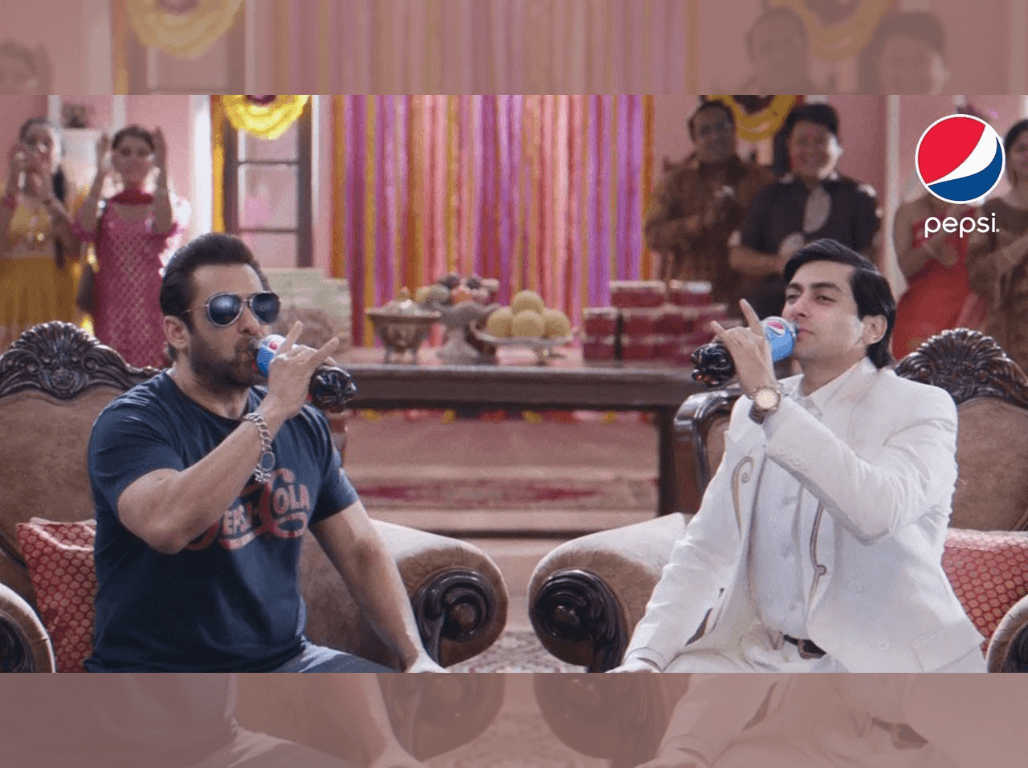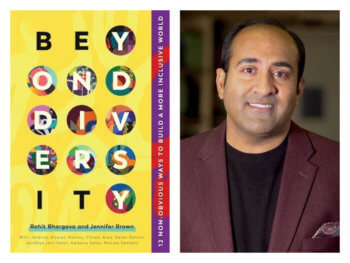Its ROFL funny until someone gets hurt.
These days it seems as if texting has usurped normal conversation. Why waste time with useless pleasantries when you could just ask or report what you need to a few written lines? Texting was originally designed as a way to make communication better, but, it seems as if it is breaking communication down instead. The beginning of the New Year is a great time to do some soul-searching. Think about how much time you’ve spent staring down at your phone when you could be spending quality time connecting with those you love on a level that transcends even wireless?
In this technological savvy world it’s not so easy to unplug, so we're giving you 10 rules to follow to keep your texting in check and your manners sharp.
#1 Texting is not an alternative to using the phone at a time when calling would be considered rude. If you don’t use the phone at a movie, show or meeting, then you shouldn’t be sending texts at that time either.
#2 If you wouldn’t be talking on the phone in the middle of a face to face conversation, than hold this as a rule of thumb for texting as well. Don’t text when you’re engaged in a conversation with someone else. For example, if you’re on a date, it’s a good time to put your phone away and focus on the person in front of you. The Emily Post guide also recommends that “If you are with someone who will not stop text messaging during your conversation, feel free to excuse yourself until they have concluded their messaging.”
#3 Texting is a means of social communication like anything else and the rules of common courtesy still apply. Mind your “Pleases” and “Thank You’s,” and if you wouldn’t use certain terms in speech (like swear words), don’t use them in texts.
 #4 There are many unwritten rules about texting, the most complicated being the reading of emotions. On the one hand you’re using texting as a means of communication and expect tonality and timely responses, however texting is, at the end of the day, written words and not vocal. That means you should try to be conscious of your language, and in turn, be careful not to take offense before you’ve had a chance to speak with whom you’re texting. Additionally, if you can’t get back to someone right away, it would be courteous to inform them of such.
#4 There are many unwritten rules about texting, the most complicated being the reading of emotions. On the one hand you’re using texting as a means of communication and expect tonality and timely responses, however texting is, at the end of the day, written words and not vocal. That means you should try to be conscious of your language, and in turn, be careful not to take offense before you’ve had a chance to speak with whom you’re texting. Additionally, if you can’t get back to someone right away, it would be courteous to inform them of such.
#5 Know your audience. If you wouldn’t talk slang terms to a co-worker or family member, don’t text that way. That also means you should avoid using abbreviated spelling like LOL or OMG in common texting parlance, especially if your audience might not know what those words mean. When you’re delivering important news, it’s better to call than text, as texting gives the impression that either the news or the recipient isn’t important enough to deserve a call. Would you text your grandmother that you got engaged or gave birth? We didn’t think so.
#6 Double-check the identity of the recipient, proof-read your text (or you could end up with serious auto-correct problems, and never text anything confidential, private or possibly embarrassing. You don’t know who might be reading the text other than the intended recipient. Plus, there is nothing worse than finding out your angry rant, amorous love-letter, or your drunk-dial went to the wrong recipient, like your boss, or worse- your mother. Or worse still, your boss’s mother!
#7 Don’t text when a phone call is required. Wishing someone a happy birthday, or congratulations should be done by phone. It shows that you’re actually thinking of them and care enough to take a few minutes from your busy schedule to wish them well. Conversely, don’t text someone your condolences if they suffered a tragedy. Even if you don’t have a lot to say, this is one of those rare situations where it really is the thought that counts.
#8 Don’t text at the table. It’s rude, period. It can wait. If you are expecting an important call, put the phone in your pocket on “ring” and politely mention it before you sit down with friends or family that you might have to get up. If you need to take a call, get up and take it outside the restaurant or in another room, and keep it brief.
#9 On the other hand, know when to text instead of call. For example, if you’re on public transportation or even at the office, a phone call can be more distracting and rude to those with whom you are sharing close quarters. If you need to deal with an important or personal matter in a public place, texting the recipient is better. The best solution is to text to arrange to discuss the matter later, by phone or in person and then enjoy the rest of the day with your phone in your pocket.
#10 Last and most important of all: never text while driving. It’s not so important that it can wait. If it can’t wait, pull over to the side of the road. By putting the phone down when you’re behind the wheel you’re not only being courteous to the drivers around you, you’re following the law.
Did we miss any? What are some texting etiquette rules that you think belong in the top ten list?
Texting.jpeg golocalprov.com
Featured Image: bekkahwalker.net
Source: businessinsider.com, mannersmentor.com, emilypost.com,
huffingtonpost.com, wirelessdevnet.com














































































































